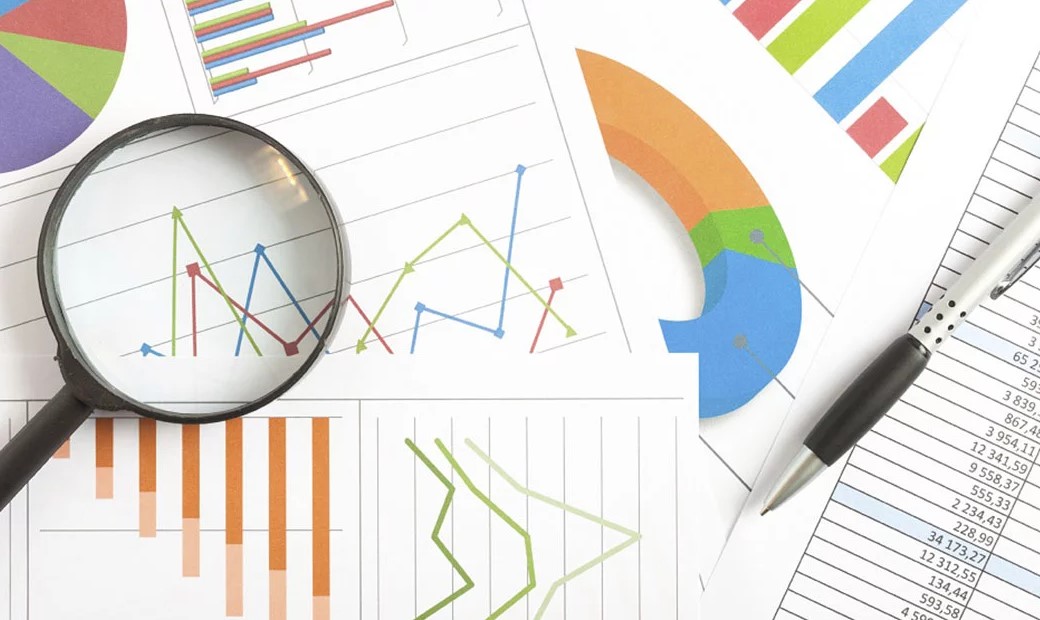Understanding the Differences between Qualitative and Quantitative Research

In general, qualitative research is a method that emphasizes aspects of a deeper understanding of a problem rather than looking at a problem. Qualitative research is a study that is descriptive in nature, tends to use analysis and more reveals the process of its meaning.
Difference between Qualitative and Quantitative Research
The difference between qualitative and quantitative research can be seen in several aspects. You need to know that the two research methods or approaches are not always in conflict with each other. There are also some things that have similarities or similarities.
1. Research Design
- Qualitative is general, flexible, and dynamic. Qualitative research can develop during the research process.
- Quantitative has special, detailed, and static properties. The flow of quantitative research itself has been planned from the beginning and cannot be changed anymore.
2. Data Analysis

- Qualitative can be analyzed throughout the research process.
- Quantitative can be analyzed at the final stage before the report.
3. Research Subject Terms
- Qualitative has research subject commonly referred to as a resource.
- Quantitative research subjects are commonly referred to as respondents.
4. Ways to Look at Facts
- Qualitative: Qualitative research views “Facts / Truth” depending on the way the researcher interprets the data. This is because there are complex things that cannot be merely explained by numbers, such as human feelings, bola 88 etc. Quantitative research departs from data which is then explained by theories that are considered relevant, to produce a theory that reinforces existing theories.
- Quantitative: Quantitative research sees “Facts / Truth” as objects of research out there. Researchers must be neutral and impartial. Whatever is found in the field, that’s a fact. Quantitative research departs from theory to data.
5. Data Collection
- Qualitative: Qualitative research is more focused on something that cannot be measured by black and white truth so that in qualitative research researchers dig deep into the data for certain things. Thus, the quality of qualitative research is not very much determined by the number of sources involved, but rather how deep researchers explore specific information from selected sources.
- Quantitative: Data collection is carried out using a series of research instruments in the form of tests/questionnaires. The collected data is then converted using predefined categories/criteria. The quality of quantitative research is determined by the number of research respondents involved.

6. Data Representation
- Qualitative: The results of qualitative research in the form of researchers’ interpretation of a phenomenon, so that research reports will contain more descriptions.
- Quantitative: Quantitative research results are presented in the form of mathematical calculation results. The calculation results are considered as confirmed facts. The validity of quantitative research is largely determined by the validity and reliability of the instruments used.
7. Implications of Research Results
- Qualitative: The results of qualitative research have limited implications for certain situations. Thus, qualitative research results cannot be generalized in different settings.
- Quantitative: The results of quantitative research in the form of facts/theories that generally apply (generalized). Whenever and wherever that fact applies.
8. Types of Methods
- Qualitative: Phenomenology, ethnography, case studies, historical, grounded theory.
- Quantitative: Experiments, surveys, correlations, regression, path analysis, export facto.






